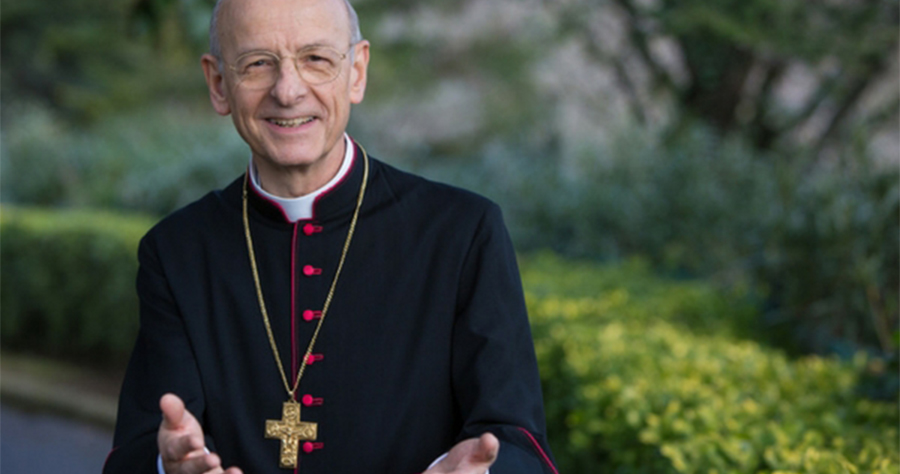On 24th January Monsignor Fernando Ocáriz was elected as the new Prelate of Opus Dei and third successor to Saint Josemaría Escrivá by an elective congress. Later that same day Pope Francis confirmed the election.
Monsignor Ocáriz was born, the youngest of eight children, in Paris on 27th October 1944, to Spanish parents exiled in France due to the Spanish Civil War. He has a degree in Physical Sciences and a doctorate in Theology.
He is a consultor for various Vatican Congregations for the Doctrine, a member of the Pontifical Theological Academy and was a tenured professor (now emeritus) in Fundamental Theology in the Pontifical University of the Holy Cross in Rome. He has published important theological works, particularly in the area of Christology as well as theological works on Marxism and on Voltaire.
Since 1994, when he was appointed Vicar General of Opus Dei, he worked very closely with the previous Prelate, Bishop Javier Echevarría, and accompanied him on his pastoral trips to more than seventy countries.
In a 2015 interview with Zenit Mons Ocáriz was asked the question why the faithful and cooperators of Opus Dei refer to the Prelate as “Father” and he gave the following answer:
In many countries priests, and in some places even bishops, are called “Father”. St Josemaría incarnated this sense of spiritual paternity in an intense manner. This lived experience is transmitted to his successors as a treasured inheritance, with the breath of the Holy Spirit. I think of the splendid fidelity shown by St Josemaría’s first successor, Blessed Álvaro del Portillo. The paternity of the Prelate ensures that the faithful of the Prelature can experience the family spirit (since the Church is a family) which is so present in the spiritual makeup of Opus Dei. The statutes of the Prelature use the words “teacher and father” to refer to the role of the Prelate. This underlines the fact that the task entrusted to the Prelate by the Church – the same for all pastors entrusted with an ecclesiastical body or territory: diocese, prelature etc. – cannot be reduced to the exercise of governing authority, but rather it includes the very important dimension of paternity towards all the faithful entrusted to them, both priests and laity.
In a press conference following his election as Prelate, he gave thanks to God, to the electors, and to Pope Francis for the confidence they had shown in him, and explained how he was reacting to his election:
When I stop and think about the treasures passed on to us by Saint Josemaría, Blessed Alvaro and the most recent Prelate, all of one of whom were of such great human and supernatural stature, I feel so unworthy. I trust in the prayer of so many people and I am sure that God will help me … at the same time, before God’s providence, I am calm, because if God wanted this he will give me the help needed…. Thank God I am so serene, even if I shouldn’t be!
Speaking about Opus Dei’s apostolic work over the next few years, the Prelate said that “we face the same challenges as all of today’s Christians.” And he referred specifically to the work of Opus Dei to help families: “In the Prelature, a wide-ranging effort is being made to help families…. Pope Francis continually insists on pastoral care for the family, as we’ve seen with the Synod and the Apostolic Letter Amoris Laetitia. We want to follow his exhortations.”

